There was hostility from farmers to the Jersey cow at the ICMSA AGM on Friday in Limerick. Teagasc was criticised by some for its promotion of 'New Zealand-type' dairy farming, as a calf welfare forum became a critique of Jersey breeding in the dairy herd.
Earlier, Teagasc's Laura Boyle had told the large attendance that "bull calves naturally have a higher risk of death and disease in the first few weeks of life. That is true of all species including humans."
She also pointed to the extra stress of transport and mart throughput on bull calves. "60,000 males went through marts in early life last spring, as opposed to 5,000 females," she said.
Seminars
She urged farmers to get to the AHI/Teagasc calf welfare seminars taking place around the country.
In terms of on-farm practice, she recommended that "when it comes to feeding calves, it's important that they are fed twice a day for the first four weeks, via a teat ideally".
She proposed assigning different people to jobs related to calf welfare in advance and to have a contingency plan, in case of farmer illness or a TB breakdown.
Are male dairy calves an asset or a by-product?
Conor Geraghty of AHI posed the question: "Are male dairy calves an asset or a by-product?"
He said that it's important to talk about both breed and type. "We have been using easy-calving bulls for a long time," he said.
He pointed out that the tight calving pattern nationally meant a glut of calves in a short window, adding that on larger farms "manpower and staff training are issues".
"We have to get our replacement level down to 18%," he suggested. "Lots of farms have passengers. You could lose 10% of your animals without any loss of milk output."
Exports
Joe Burke explained that this year Ireland exported over 80,000 calves to the Netherlands for veal.
"The Dutch imported 800,000 calves in all, 75% from Germany," he said, adding that Irish calves are popular because they present lower treatment rates and lower mortality.
However, importers are cognisant of transport distance and animal rights groups, he added.
"Social licence is not just scientific, it's emotional," said Burke, meaning farming has to sell the good actions it is taking to the public.
Martin Ryan of Glanbia said that farming needs to get better at telling our story. "In the USA, they are making a seriously good case for beef in relation to climate change."
He highlighted the article about the dairy and beef cow, referring to them as "the stay at home mother" and the "working mother" that had gained traction internationally.
Questions
The questioning from farmers quickly highlighted the economic realities of dairy farming.
"Increasingly, animal welfare is seen as a pillar of sustainability, along with environmental sustainability," said Laura Boyle.
"It's hard to produce cheap food with high welfare standards."
IBR was raised as an issue. Conor Geraghty explained that some of the countries we export to or travel through are IBR free. "We're going to have to attain the same status as them," he said.
I got a letter from Bord Bia with seven new rules about how to mind my calves
"I got a letter from Bord Bia with seven new rules about how to mind my calves," said one farmer. "I don't need anyone to tell me how to mind my calves, I need every one of them to thrive for me to survive," he added, a comment that received the support of the floor.
"Teagasc is copying everything New Zealand are doing, and now we have the same problems as them - Jersey calves," opined another.
"We have to send our sons and daughters to Teagasc colleges and they're coming back with ideas about Jersey calves, which I don't agree with," said a third.



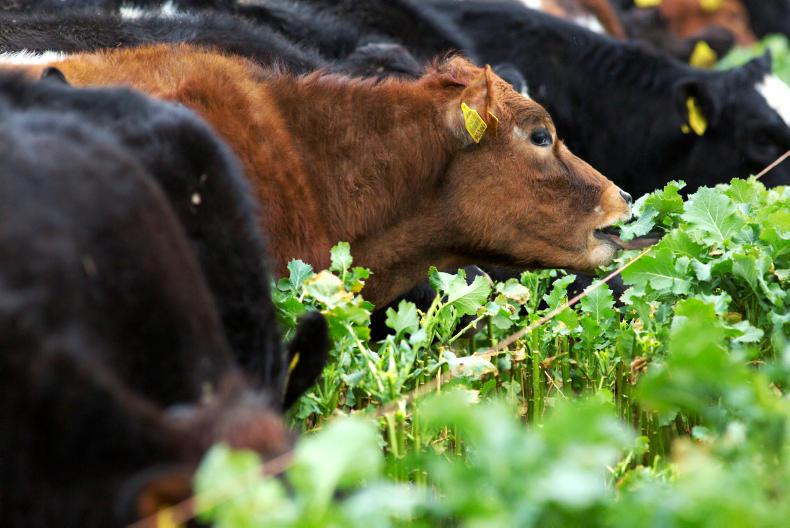

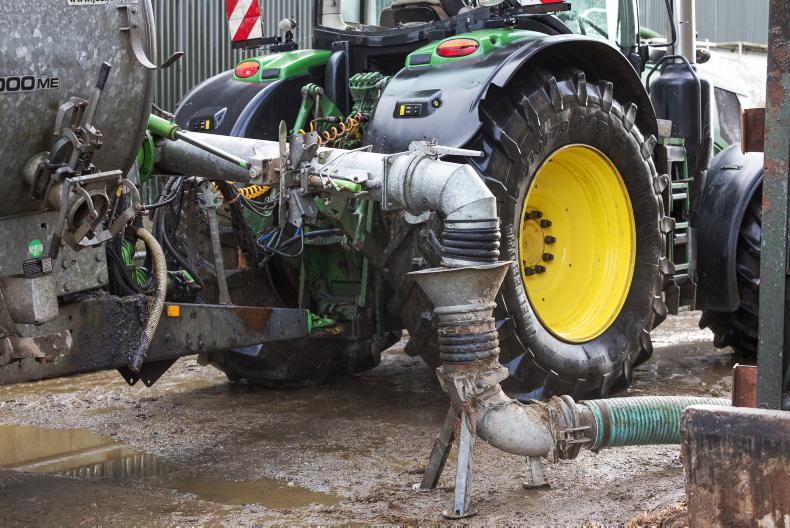
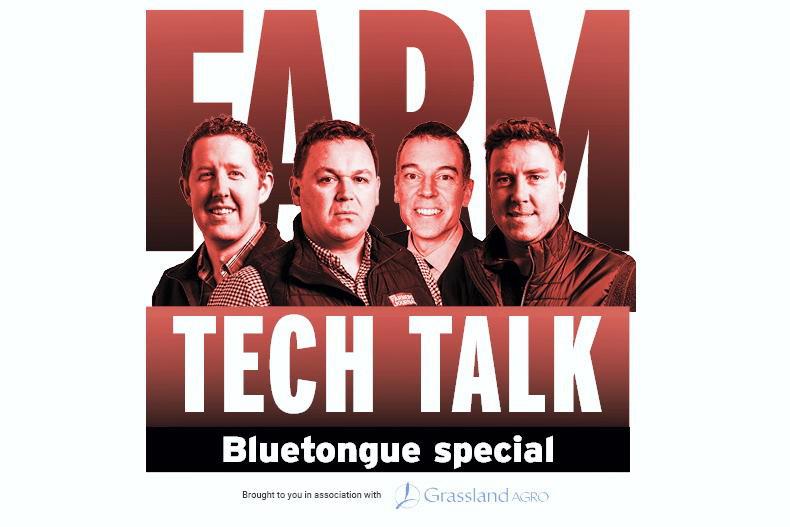
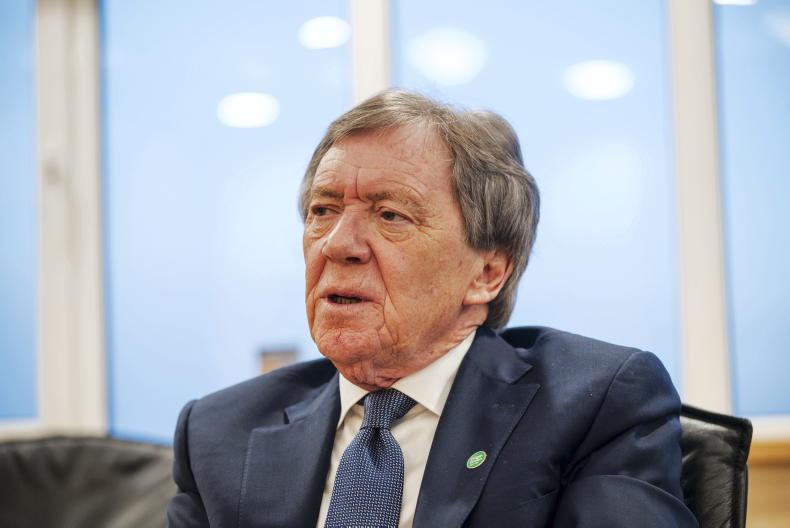
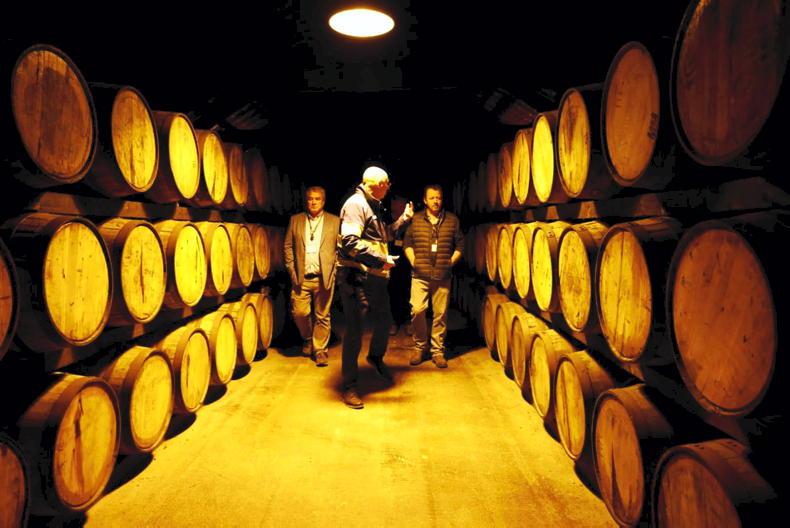
SHARING OPTIONS